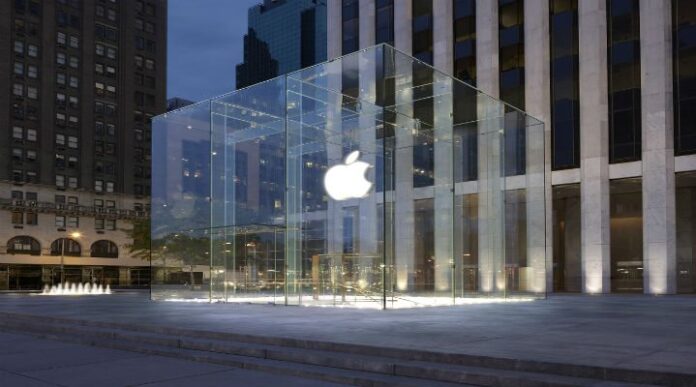WASHINGTON – In a 2-1 decision, the U.S. Court of Appeals 2nd Circuit in Manhattan has ruled that the $450 million antitrust suit against technology giant Apple will stand. The lawsuit, which was originally brought by the U.S. Department of Justice for violations of antitrust laws, alleges that Apple conspired with publishers to lower the prices of iBooks in order to undercut its competitor Amazon.
Apple has long denied the allegations and released a statement following the ruling: “We are disappointed the court does not recognize the innovation and choice the iBooks store brought for consumers. While we want to put this behind us, the case is about principles and values. We know we did nothing wrong back in 2010 and are assessing next steps.”
The lawsuit was originally filed in 2010 following a lengthy DOJ investigation resulting in allegations that Apple conspired with publishers to set prices in an effort to cripple Amazon’s dominance of the electronic book market.
The DOJ alleged in its filing that publishers were terrified of the prospect of Amazon cutting them out of the loop entirely and selling authors’ works directly. As a result, Apple positioned itself at the nexus of a price-fixing conspiracy.
“As a result of this alleged conspiracy, we believe that consumers paid millions of dollars more for some of the most popular titles,” former Attorney General Eric Holder said. “We allege that executives at the highest levels of these companies – concerned that e-book sellers had reduced prices – worked together to eliminate competition among stores selling e-books, ultimately increasing prices for consumers.”
The court finding on the matter was relatively straightforward with two justices writing in an opinion, “Apple understood that its proposed contracts were attractive to the publisher defendants only if they collectively shifted their relationships with Amazon to an agency model – which Apple knew would result in consumers facing higher e-book prices,” Judge Debra Ann Livingston wrote in a decision joined by Judge Raymond J. Lohier Jr.
Dissenting Judge Dennis Jacobs wrote, “On the only horizontal plane that matters to Apple’s e-book business, Apple was in competition and never in collusion. So it does not do to deem Apple’s conduct anticompetitive just because the publishers’ horizontal conspiracy was found to be illegal.”
Three of the major defendants in the suit – Hachette, HarperCollins and Simon & Schuster – have agreed to out-of-court settlements. The terms of the settlement agreements also prohibit them from again conspiring with or sharing competitively sensitive information with their competitors for a period of five years.
The settlement terms also impose strict antitrust compliance rules. Apple has yet to accept the verdict even upon losing the appeal.

